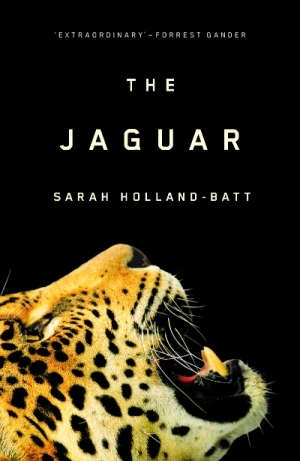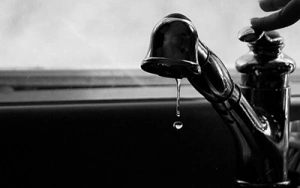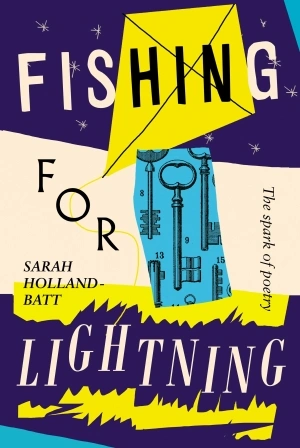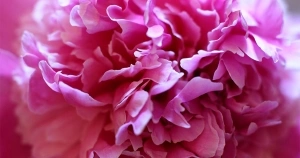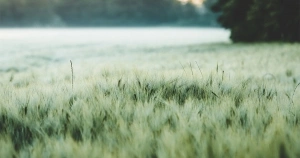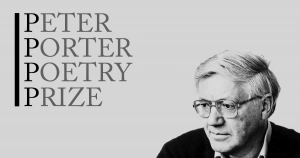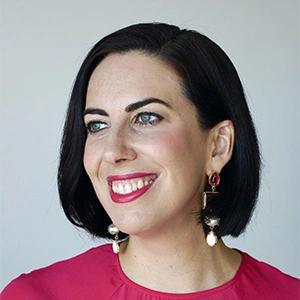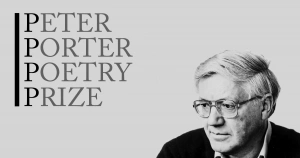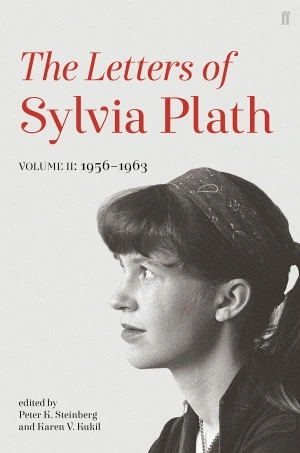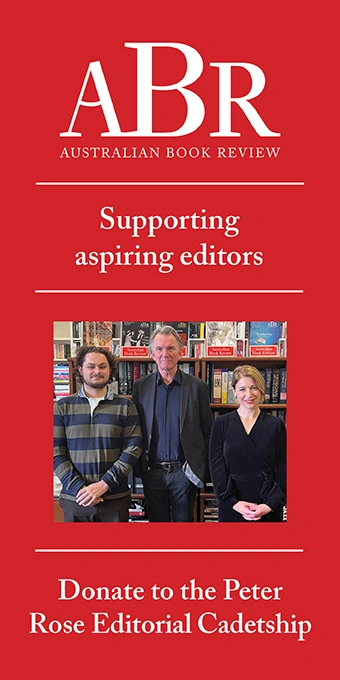Sarah Holland Batt
Acts of community: Reflections on Peter Rose’s time as Editor
When I think of Peter Rose’s legacy and his immense contributions to Australian letters as Editor of Australian Book Review, there are manifold achievements I might highlight. Peter has wholly transformed the magazine’s ambitions and horizons over his tenure, elevating ABR into an indispensable, world-class publication offering outstanding commentary, criticism, creative work, and coverage of the performing arts. He has shaped the national conversation in infinite ways, offering our best minds scope to debate the pressing issues of our times in complex, nuanced exchanges that are vanishingly rare elsewhere. He has served as a distinguished and tireless public advocate for the value of criticism, the arts, and the humanities, and has done so much to advocate for writers and writing, building prizes, fellowships, and other initiatives that continue to create vital opportunities and recognition for writers today. More quietly but no less diligently, he has also worked tirelessly to protect and preserve ABR as a jewel of Australian literature for generations to come.
... (read more)I first encountered Sarah Holland-Batt’s poem ‘The Gift’ in The New Yorker. It begins, ‘In the garden my father sits in his wheelchair / garlanded by summer hibiscus / like a saint in a seventeenth-century cartouche’ – an unremarkable opening, I thought, to a poem of personal anecdote, a genre too ubiquitous among our contemporaries. Rereading the poem in the context of her third collection, The Jaguar, I became acclimated to her style and manner, and admired the alertness of its verbal performance. If the new book remains a personal memoir, narrating the devastating illness and death of her father, it is also charged throughout with a strong writer’s intelligence and vulnerability. ‘I will carry the gift of his death endlessly,’ she writes, ‘every day I will know it opening in me.’
... (read more)Beside the fountain’s troupe of sun-bleached rubber ducks, / in the gardens, under a shade sail, / my father is crying about Winston Churchill. / Midway through a lunch of cremated schnitzel ...
... (read more)David McCooey reviews 'Fishing for Lightning: The spark of poetry' by Sarah Holland-Batt
Sarah Holland-Batt’s Fishing for Lightning is a book about Australian poetry. As such, it is a rare, and welcome, bird in the literary ecology of our country. It is welcome because poetry, like any other art form, requires a supportive culture that educates and promulgates. Not that Holland-Batt, herself one of our leading poets, is ‘merely’ didactic, or a shill for the muses. Holland-Batt, who is also an academic, writes with great authority and insight, and she is a fine stylist, penning essays that are packed with humour and playfulness. These essays cater for all kinds of audiences, from newcomers to poetry experts, which is no small feat.
... (read more)In the garden, my father sits in his wheelchair / garlanded by summer hibiscus / like a saint in a seventeenth-century cartouche. / A flowering wreath buzzes around his head – ...
... (read more)To hell with what you think of me.
I’ve started drinking martinis at three.
I wake, I walk, I write, I sleep.
I snooze the alarm. I doze. I read.
As my plane drops down in turbulence
I think of you and of Salt Lake City,
I think of ice stealing over the Great Lakes
and of Omaha and of adamant plains.
... (read more)Sarah Holland-Batt reviews 'The Letters of Sylvia Plath Volume 2: 1956–1963' edited by Peter K. Steinberg and Karen V. Kukil
Sylvia Plath wrote her last letter to the American psychiatrist Dr Ruth Beuscher a week prior to her suicide on 11 February 1963. In it, Plath castigates herself for being guilty of ‘Idolatrous love’, a concept she drew from psychoanalyst and philosopher Erich Fromm’s The Art of Loving. ‘I lost myself in Ted instead of finding myself ...
... (read more)

